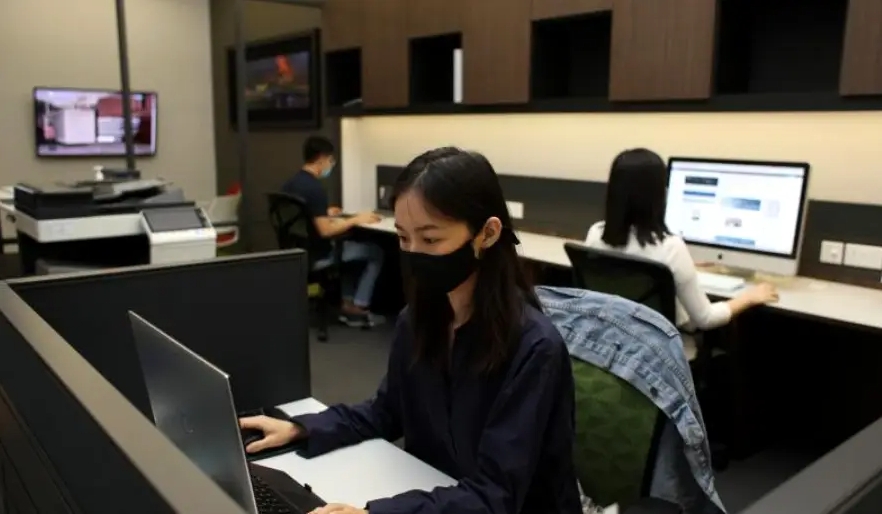
Hiring Employees in Singapore: Understanding Local Employment Policies
Singapore, as a key economic and financial hub in Asia, has garnered widespread international attention for its labor laws and employment policies. For overseas employers looking to recruit employees in Singapore, understanding and adhering to local employment policies and compensation payment systems is particularly crucial.
Firstly, compensation payment in Singapore is subject to strict legal regulations. According to laws such as the Employment Act and the Industrial Relations Act, employers must pay employees their wages on time and are prohibited from withholding or delaying payments. Additionally, Singapore has established minimum wage standards aimed at ensuring employees’ basic living needs are met. For overtime work and work on public holidays, Singapore has clear payment standards, with employers required to pay overtime rates as stipulated by law, usually at 1.5 times or 2 times the basic wage.
Regarding the mode of compensation payment, Singapore typically utilizes bank transfers. Employers are required to request employees’ bank account information upon their commencement of employment and ensure that wages are transferred into the designated bank accounts of employees on time during each pay cycle. This payment method not only offers convenience and efficiency but also ensures transparency and accuracy in wage payments. Additionally, Singapore prohibits the use of cash payments for wages to safeguard employees’ rights and mitigate potential wage disputes.
In addition to basic wage compensation, Singapore’s compensation system includes allowances, performance bonuses, and other benefits. Allowances typically cover accommodation, transportation, meals, etc., with specific amounts dependent on company policies and actual circumstances. Performance bonuses are awarded based on employee performance and achievements, aiming to incentivize employees to work harder. The disbursement of these benefits and bonuses must also comply with relevant laws and regulations in Singapore.
In terms of taxation, Singapore operates under a personal income tax system. Employers are required to deduct the applicable taxes from employees’ wages as stipulated by the Inland Revenue Authority of Singapore (IRAS) and remit them to the tax authorities within the specified timeframe. Additionally, employers are obligated to report employees’ income and tax payment information to IRAS to ensure tax compliance.
In summary, Singapore’s employment policies and compensation payment system reflect a high degree of emphasis on and protection of labor rights. For overseas employers, understanding and complying with these regulations are essential for ensuring stable business development in Singapore. By adhering to legal and compliant compensation payment and employee welfare policies, businesses can attract and retain top talent, thereby promoting sustained and stable growth.